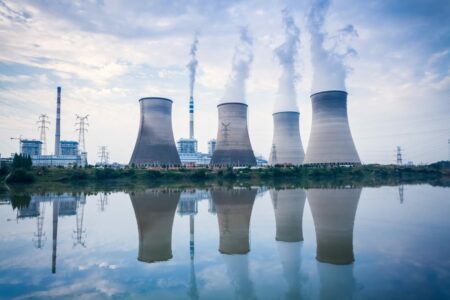The BMW Group plans to become carbon neutral by 2025, including a new purely electric vehicle plant in Hungary. The new Debrecen plant will produce purely electric cars by 2025. Energy will be generated from renewable sources, including geothermal energy and waste heat from cooling systems, and the investment will reach more than a billion euros. Moreover, the new facility will utilize the latest production techniques, digitalization, and sustainability technologies to reduce carbon emissions.
The company says it will use 100% renewable energy for the project and recycle waste heat from the cooling systems. In Germany, the BMW Group already produces electricity using hydroelectric power and wind energy, and it also employs biogas produced from cattle manure to power its South African plant.

BMW Group’s strategy to become carbon neutral
The company plans to use up to 50% of secondary materials and focus on plastics recycling through cooperative projects. This commitment also embodies the concept of circularity. Since 2021, the company has purchased aluminum produced with solar power. The use of renewable energy reduces CO2 emissions, and the company hopes to reach its goal of being carbon neutral before the end of this decade.
The BMW Group has long been committed to reducing carbon emissions. In the 1970s, it began making sustainability a central corporate strategy. As the automotive industry became more environmentally conscious, BMW embraced this strategy. Today, it uses recycled tungsten for tools and essential production properties. Tungsten is significantly harder than iron and reduces energy and CO2 emissions by 60%. In addition, the automaker has introduced a three-year program in cooperation with Pirelli and Birdlife International to promote the sustainable cultivation of natural rubber.

The new factory will feature the latest in EV production technology and meet the highest standards for the e-transformation. Fully electric vehicles in the Neue Klasse will go into series production at the new plant in 2025. With an annual production capacity of approximately 150,000 cars, the plant will offer a unique opportunity to rethink automotive production.














